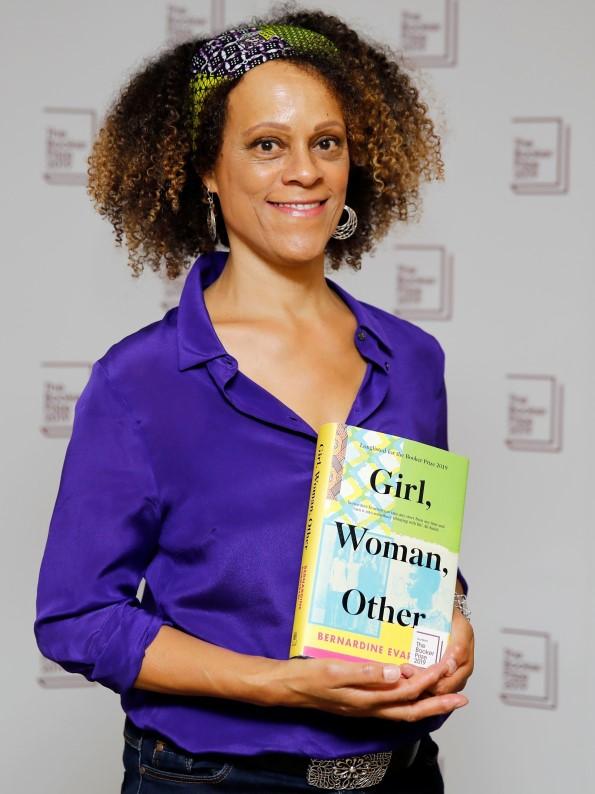
3 minute read
Literature Review
LITERATURE REVIEW ‘Girl, Woman, Other’
Bernardine Evaristo is an English Nigerian acclaimed author of nine books of fiction and poetic fiction. She is the first black woman to have ever won the Booker Prize, which she received (jointly) for
Advertisement
‘Girl, Woman, Other’ in 2019. Evar isto’s writing style is flowy and distinctive with a Whitman-esque lack of punctuation. The book itself feels like in-depth people watching, with each chapter flicking between three characters. When introduced to one character in relation to another, for example, we meet Carole before we meet her mother Bummi, which feels more intimate than just being introduced to a character directly. Even though only a third of a chapter is designated to each character, you will find scattered mentionings of the characters throughout the novel outside of their personal chapter. Characters making appearances in other chapters allow us to learn about them through the eyes of others, creating a very interesting character profile pieced together over the course of the novel. Girl, W oman, Other follows the story of twelve characters as they navigate through contemporary life. Evaristo beautifully incorporates ideas on sex, gender, race, and privilege into this, her eighth, novel, ranging from ignorance and naivety to ‘manifesto radicalism’. She covers 'wokeness' in a human light showing the grey areas of uncertainty and adjustment rather than the black and white that we see so often. Her characters each have aspects in common but also speak with fundamentally different voices and Evaristo's ability to create original characters with standout attributes in so few pages is a credit to her writing. I would recommend this book to anyone who likes multiple points of view with a satisfying intertwinement of stories. If you love character-driven novels and day-inthe-life style plotlines then you will love Girl, W oman, Other. I would think twice about recommending this to a very plot-based reader since Evaristo tends to focus on her characterisation. A reader who likes to get comfortable with every character may feel overwhelmed or frustrated at the constantly changing roster of individuals that Evaristo introduces and may be confused as to where the book is actually going. There is no main driving plot to the book; it is much more powered by themes.
The central theme throughout the novel is identity. Are we defined by our race? Our gender? Our parents? Our economic status? Or something else entirely? Does our identity fundamentally change depending on who we’re with? And does accepting that change mean we’re betraying our roots? Evaristo is masterful at providing a window to the lives that deserve the spotlight but go untold. The story of a non-binary Sapphic who rules the ‘twitter-sphere’ is intertwined with a trans-exclusionary black lesbian, who is connected to a white second-wave non-intersectional feminist. All these terms may seem daunting. However, Evaristo pokes fun at the 'microlabelling' that’s come with the 2000s, exemplified in the character Yazz who claims to be “part ’90s Goth, part post-hip hop… part alien.” Evaristo’s Girl, W oman, Other is educational without feeling like a chore. You will learn about lifestyles different to yours, ideas different to yours but most importantly identities different to yours, and you will laugh, contemplate, and cry while doing so. But these stories aren’t rare. POC immigrants and LGBTQI+ people have always been a part of the UK and helped shape what it is today. In Girl, W oman, Other, Evaristo puts these people and their stories in the well-deserved limelight at last. The 'typical British novel' is proving to be outdated and the time for writing the stories untold has come. Evaristo captures raw and natural emotion beautifully and pairs it with the timeless question of 'who am I'? The book ends with a note on interconnectedness despite differences. I would rate Girl, Woman, Other a 4/5 (a 3.5 if you don't care for indulging slightly wordy authors).










